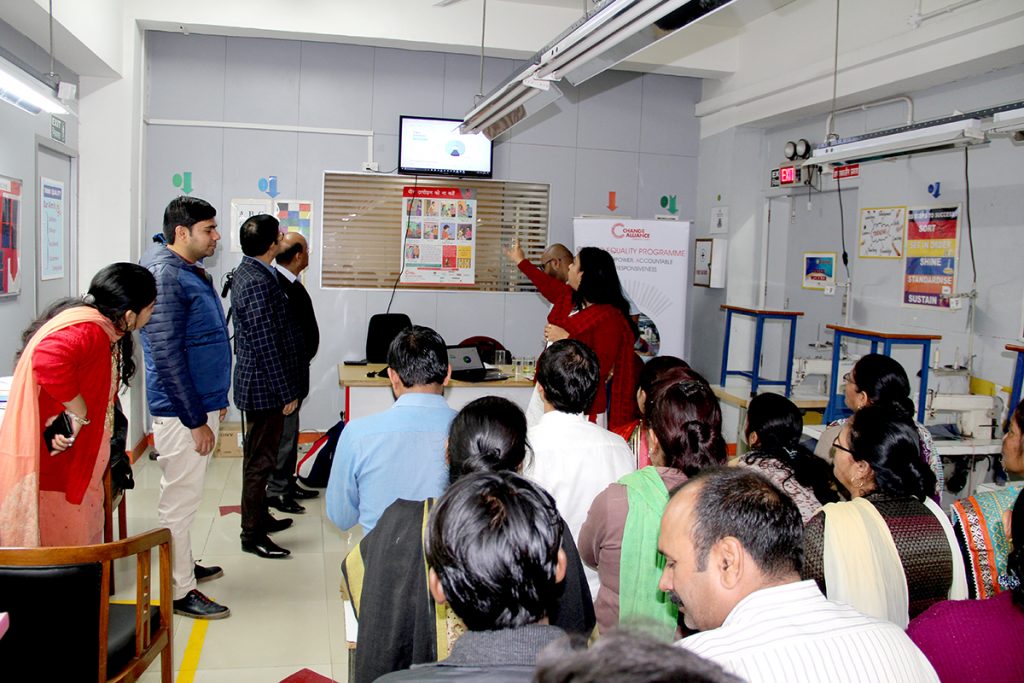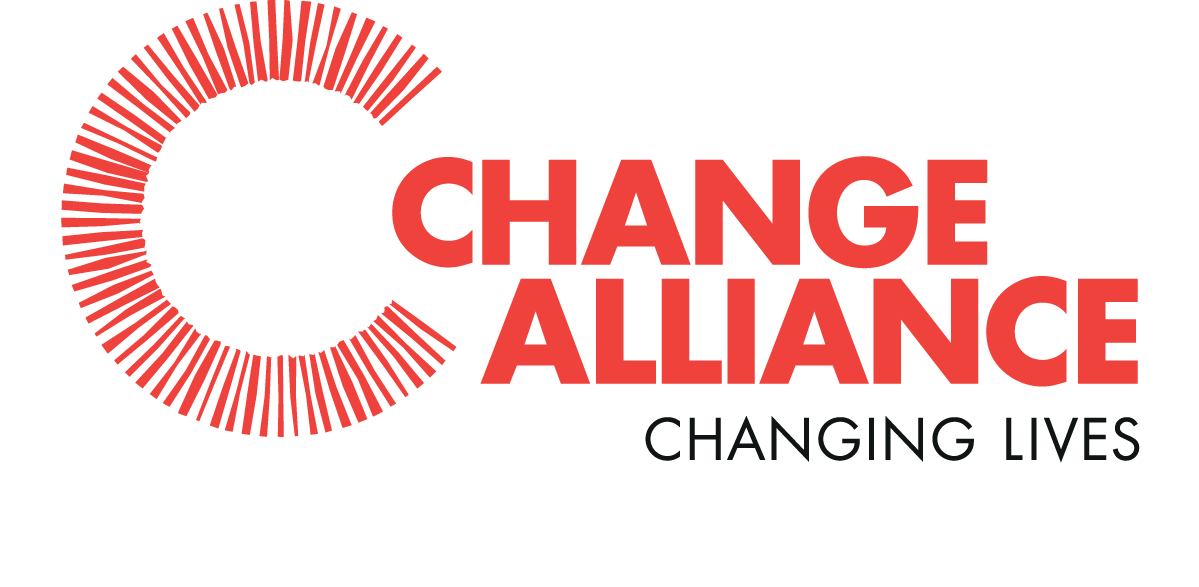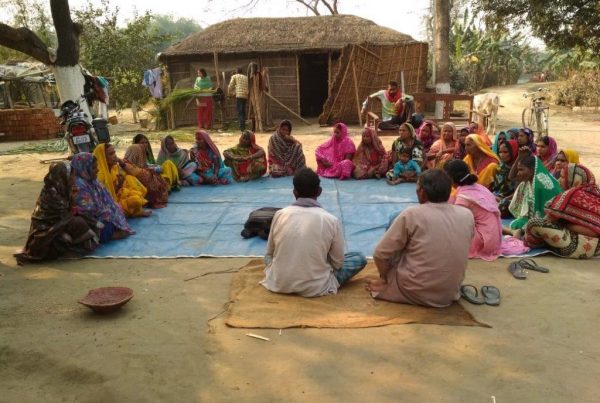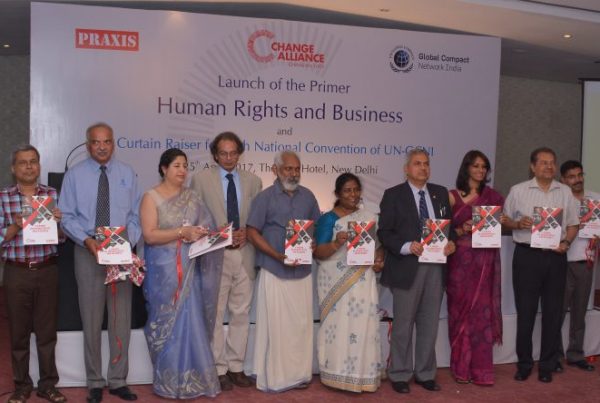
There is a deep pervasiveness of the gender-based violence in the country, whether it’s in public or private sphere. This violence, rampant in workspaces, is also holding back the rise of India’s economy as a study suggests. As long as there is a culture of impunity towards violence and harassment of women, there will be further prevalence of sexual abuse everywhere, be it shelter homes, garment factories, orphanages, or on domestic workers. Therefore, it is critical to dismantle constructs that normalize such gender-based violence and one of the ways to do so is to ensure implementation of laws in both letter and spirit.
The Sexual Harassment of Women at Workplace (Prevention, Prohibition and Redressal) or Prevention of Sexual Harassment (POSH) Act is a rather progressive law that was enacted in 2013. It mandates all organisations with minimum 10 employees to form an Internal Committee (IC) in order to address and resolve complaints of sexual harassment and file annual reports with the appropriate ministry. It covers all workspaces, public or private, inside office buildings, factories, within homes, other spaces related to work like meetings conducted in coffee shops, and even harassment by male visitors or harassment of female visitors in other offices. Even though the number of cases registered is not high (a 2017 study shows a 170% rise in cases of sexual harassment since 2006, although the numbers look considerably low at 539), they, however, denote two things – one, that women are now able to come forward and report cases of harassment; two, this perhaps relates to only the bigger organisations who are implementing the POSH Act, and hence reflects just the tip of the iceberg.
While the top companies would have their policies related to the POSH Act in place, it’s the industries which employ women from socio-economically poorer sections as workforce where the picture begins to get murky. Sexual harassment and violence at workplace in such industries/sectors commonly go unreported due to fear of losing work, social stigma, or a lack of complaint mechanism at workplace. Studies and media reports from various countries such as Bangladesh, Cambodia and India, which are the major garment manufacturing hubs, a part of the supply chain of multi-national apparel brands, paint a sordid picture of deep-seated culture of sexual abuse and harassment of its women workers. Though our experience of working on gender stereotypes, gender-based violence, and implementation of the POSH Act has been largely in the garment sector, these key learnings hold good for most sectors with similar settings and work culture.
Responsibility of the employer in gendered work spaces:
Women are disproportionately represented in low wages and precarious jobs in factories and other supply chain units which often results in a gendered spectrum of violence in these workplaces. Therefore, it becomes a responsibility of the employer to create a safe workplace to promote decent work and prevent the workers from coming in contact with coercive and abusive environment.
Collective ownership needs to be driven with the management:
In majority of the cases, as studies show, harassment and abuse is an issue of power, wherein the senior male colleagues exercise their authority to accrue benefits and advantages over the women. The culture of impunity within the organisation has to be addressed by the management to ensure that the management displays no tolerance towards such abusive and coercive behaviour.
More women representation at the supervisory and managerial level:
As there are not many women in authoritative positions, the women workers are forced to imitate submissive roles, depriving them of the opportunity to aspire for leadership roles. As part of the larger diversity policy of the organisation, it is critical to create opportunities and policies enabling women to take on valued positions.
Different geographies require different engagement strategies:
Work culture whether in offices or factories differ according to regions. In the south, most workers are from the same state, while in the north a majority of workers are migrants and contractual. Hence a more persistent effort is required in the north than in the south. Different demography also means that the design and delivery of the program needs to be creative and engaging.
Over and above, there should be a ‘No retaliation’ or ‘Do No Harm’ policy in place:
A ‘No retaliation’ or ‘Do No Harm’ policy should be put in place over and above the POSH Act and as part of a grievance mechanism, so that grievances on gender-based violence can be reported without fear.
Our experience on addressing gender-based violence has shown that creating a workspace that is safe and provides dignity to its workers, tends to have an overall impact on the health of the organisation. Women are confident and put in more effort, men are more aware of gender stereotypes, and hence less aggressive as a result of which productivity increases. The change in fact goes a long way when men and women bring in those learnings into their homes, creating a much larger societal change.
About the Authors:
Dr. Archana Shukla Mukherjee – Manager – Business Development and Marketing (CAPL), ashukla@changealliance.in
Mr. S. Mahesh Kumar – Programme Manager (CAPL), SMKumar@changealliance.in



